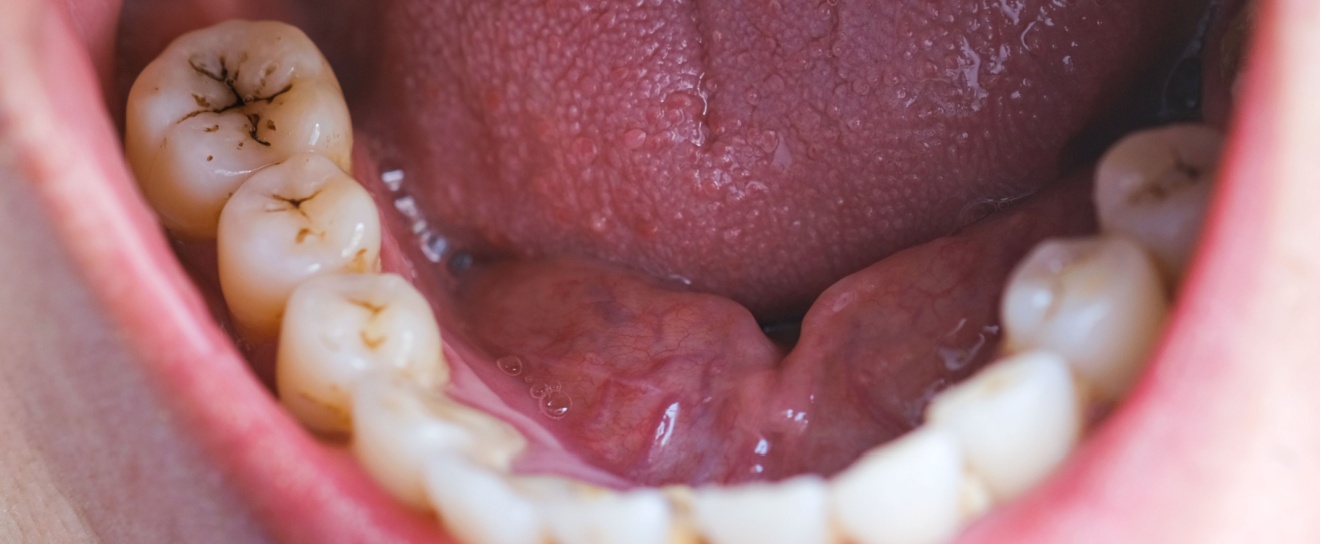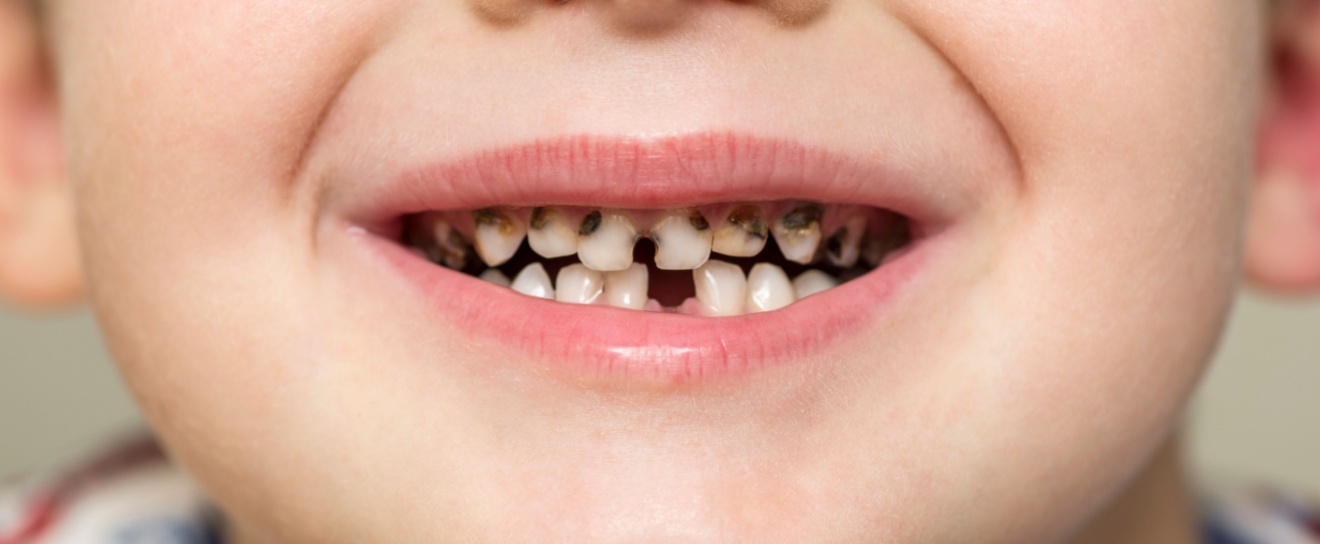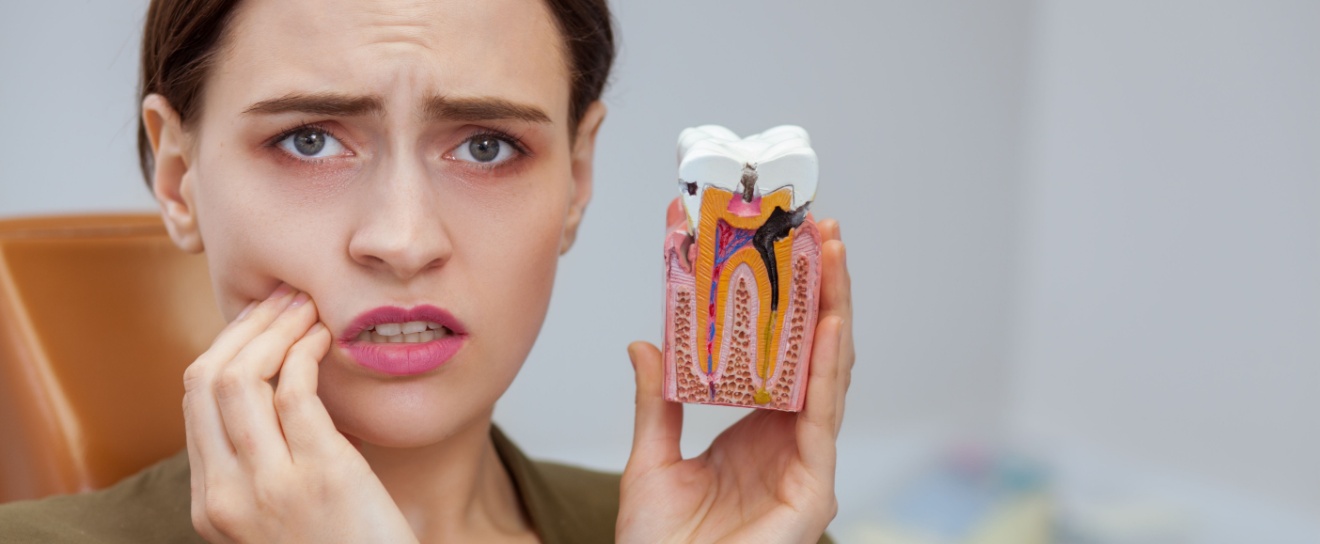The science of understanding how genetics impacts our health is growing at a rapid pace. Genetic markers for many types of major diseases have been identified and can often be used as an impetus for preventative treatment. There are even companies that will test your DNA and give you a breakdown of your ancestry and potential health risks. Our understanding of how genetics impacts our lives is beginning to expand when it comes to oral health as well. Genetic dentistry is an emerging field where scientists are studying the impact of genetics on the development of tooth decay and other oral health problems. There is still a lot to learn about this topic, but researchers have found that your genetics can have an impact on your oral health.
Can genetics make you more prone to get cavities?
The development of tooth decay is slightly more complicated than we learned as children. Yes, those sugar bugs can lead to cavities if they are allowed to stay on your teeth but they are not the only (or even the most important) factor in the development of tooth decay. Genetics actually play a bigger role than your oral hygiene habits in your likelihood for developing cavities. In fact, the latest research shows that 60% of your risk for tooth decay comes from genetic factors. This is why some people still develop cavities despite taking excellent care of their teeth while others who are more lax never have problems.
How do genetics make you more prone to get cavities?
Genetics can make your more prone to get cavities for a number of reasons. The enamel of your teeth is impacted by genetics and can leave your teeth more susceptible to the bacteria that lead to cavities. Your saliva and the good bacteria in your mouth are both important for fighting off decay and these elements are also impacted by genetics. As the field of genetic dentistry expands the list of genetic factors that can impact oral health will likely expand as well.
Can I overcome my genetic predisposition to cavities?
Does a genetic predisposition to tooth decay mean that you will always have poor dental health? Not at all. A person with a genetic predisposition to heart disease does not have to give up and wait for the heart attack to come. They can learn about the options for prevention and treatment and take steps to counteract the bad genetics. The same is true if you are predisposed to tooth decay due to genetics. You need to be more proactive with your oral care than someone with naturally healthy teeth. This means being consistent with your oral hygiene habits and visits to the dentist. Keeping up with these two elements will increase your chances of preventing decay or stopping it if it develops.
Hopefully advances in genetic dentistry will lead to breakthroughs in the prevention of tooth decay. Until that time, continue to care for your teeth consistently. If you think you are more prone to decay due to genetics, then let your dentist know. The two of you can work on a plan for keeping your teeth and gums as healthy as possible despite your genetics.




